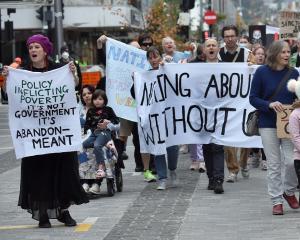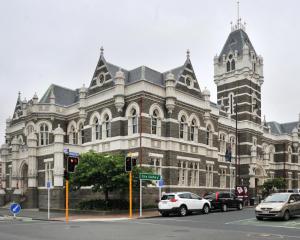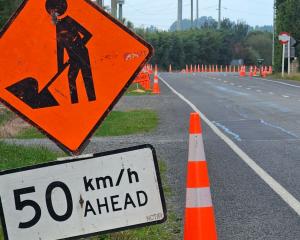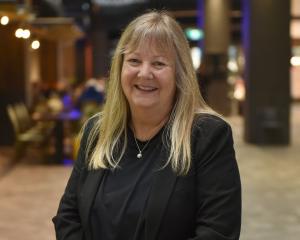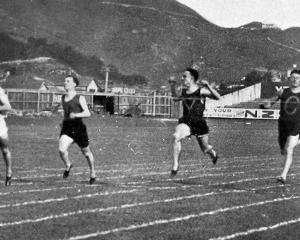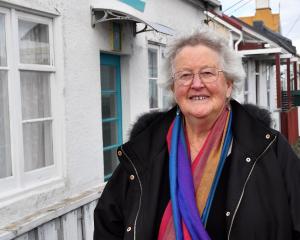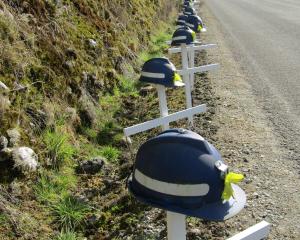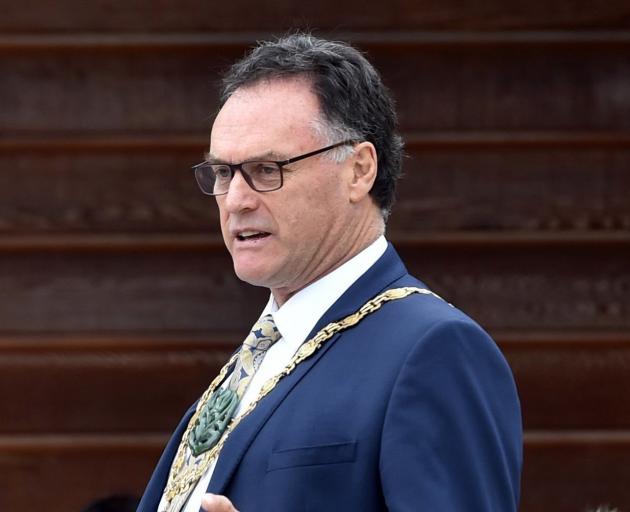
In an email to councillors before Southland MP Joseph Mooney visited on Monday this week, Mr Radich said meetings with MPs "will serve us poorly if they are simply an attack on their policy" and he did not think it was worthwhile repeating messages delivered to the government and local MPs.
Repeated attacks could be tiresome, he said.
The email was leaked to the Otago Daily Times after the National MP’s visit.
Mr Radich said it was not a gagging order.
"The email was purely a recommendation to councillors and offered a template of: ‘suggestion, benefits, challenges and solution’, so that councillors might be focused on achieving results for Dunedin," he said.
"It’s my wish that all our communications with government — MPs and officials — are cordial, polite and respectful.
"This was also our aspiration in dealings with the previous government."
Several councillors approached for comment said advocacy for the city was crucial to their role and this required robust communication.
Two councillors — Steve Walker and Marie Laufiso — refused to attend the meeting with Mr Mooney because of the communication that preceded it.
Cr Walker said attending would have been pointless after "a gagging order placed on me".
However, Cr Andrew Whiley, who could not attend the meeting, said he could understand what the mayor was trying to say.
Some colleagues could be "quite aggressive" in emails on occasion and he found it was better not to "rise to the bait".
Cr Whiley said attacking governments did not necessarily produce desired outcomes.
The mayor’s advocacy for the city and representation of council positions — such as fighting for a fit-for-purpose new hospital — has been a sensitive subject.
How to adequately cover Dunedin’s perceived needs has also been a delicate matter for the National Party, which has no MPs based in the city this term.
Mr Mooney said he was keen to visit Dunedin as "the buddy MP for National", to meet leaders and gain insights.
Meeting the mayor and councillors produced a good discussion about matters they considered important, he said.
In his email last week to councillors, Mr Radich said "as we all know from our own experience" it was "tiresome when someone repeatedly attacks decisions we have made".
"Accordingly, I do not think we should repeat messages we have already conveyed to the government and to other local MPs.
"Rather, I think we might achieve some advocacy on our behalf if we were to focus on items suitable for the MP for Southland to convey to his colleagues on our behalf."
Cr Walker said his purpose in attending any meeting would have been to advocate for the electorate.
"Any representatives of the governing party, whatever their political colours, should be open to questions and scrutiny, however uncomfortable, from us.
"If this is indicative of the way forward, it’s a very sad day for democracy and I for one will not be muted when it comes to battling for the things the community elected me to fight for."
Cr Walker was endorsed by Labour. He said that did not stop him asking searching questions of Labour MPs.
Cr Christine Garey said councillors had an advocacy role, regardless of who was in government.
"Sometimes that involves robustly challenging our local MPs from whatever party on the issues of the day — for example, the new Dunedin hospital," she said.
"It’s our job to do that and what our community expects of us, and rightly so."
Cr Sophie Barker said councillors should be able to have free and frank conversations with political representatives.
That the council would be a civil host "should go without saying".
She suggested last month working out an agenda for meetings with MPs to prioritise issues.

